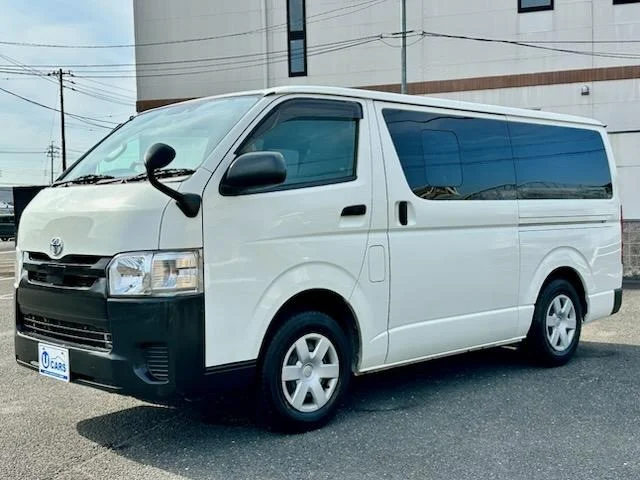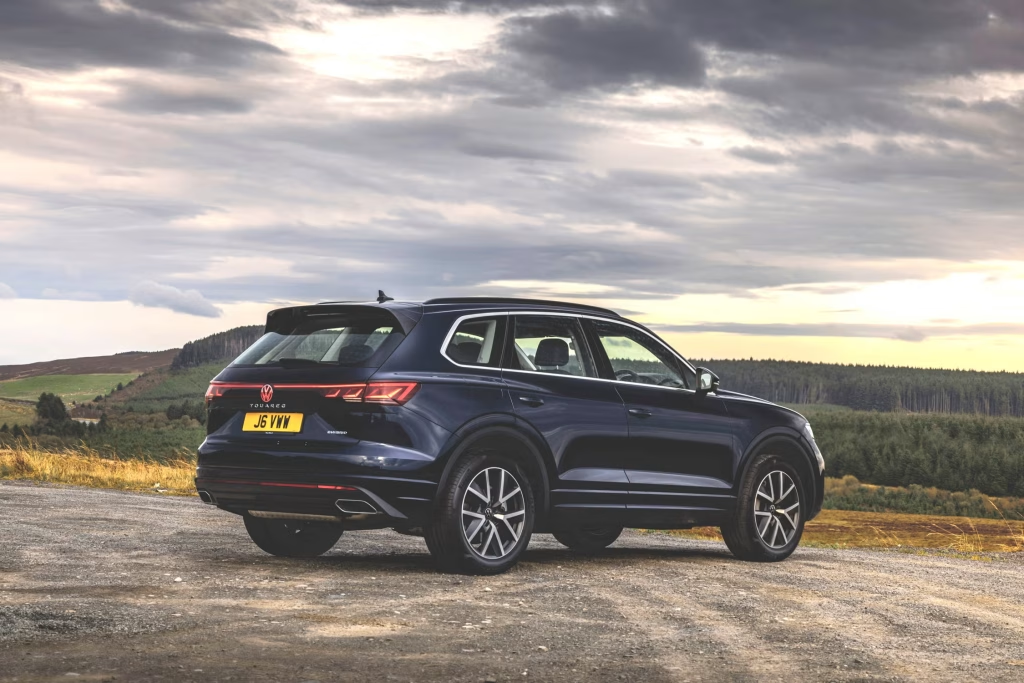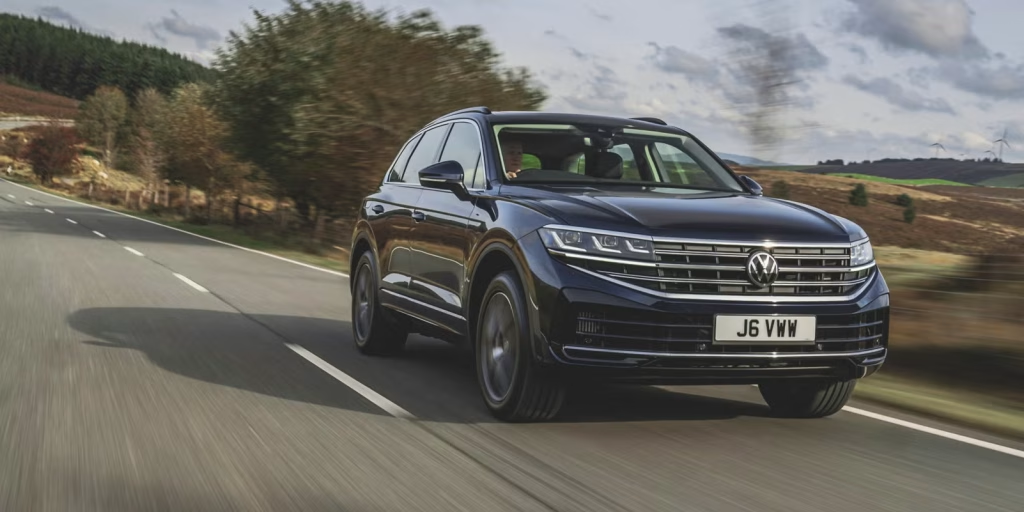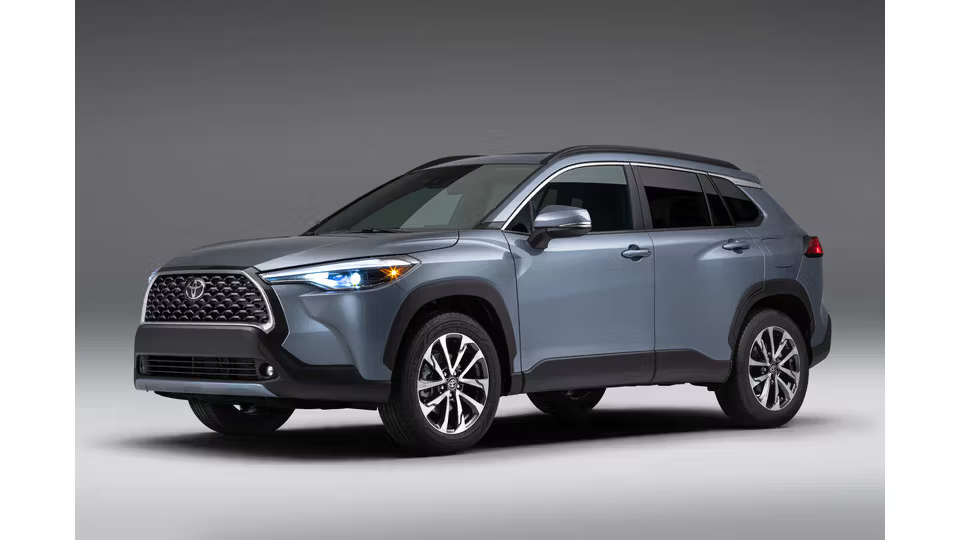In 2025, Kenya is witnessing a quiet but powerful transformation on its roads: the rise of hybrid vehicles. With fuel prices at an all-time high and growing concern over carbon emissions, more Kenyans are moving away from traditional petrol vehicles and opting for cleaner, more economical alternatives.
From the affordable Toyota Aqua to the luxurious Lexus RX 450h, hybrid vehicles are becoming a smart investment for Kenyans looking to cut fuel costs and reduce their carbon footprint. But what’s really driving this change? In this article, we explore the key reasons why hybrid cars are gaining popularity across Kenya in 2025.
1. Rising Fuel Prices & Cost of Living
Fuel prices in Kenya have steadily risen over the past few years. In 2025, the average cost of petrol remains above Ksh 200 per litre, making fuel a significant expense for households and businesses alike. Hybrid vehicles, which combine an internal combustion engine with an electric motor, consume far less fuel.
Take the Toyota Prius, for example. While a standard petrol sedan may average 12 km/l, the Prius delivers 22–25 km/l. That means nearly half the fuel cost for the same distance.
For Nairobi-based commuters or Uber drivers, this translates to monthly savings of over Ksh 10,000 in fuel alone.
2. Environmental Awareness & Urban Pollution
Air pollution is a growing issue in major cities like Nairobi, Mombasa, and Kisumu. With increasing traffic congestion and limited green infrastructure, the government and citizens alike are becoming more conscious of vehicle emissions.
Hybrid cars produce significantly lower CO2 emissions, helping to reduce the overall environmental impact. The electric motor also reduces engine idling in traffic, cutting down on both noise and air pollution in city centres.
For eco-conscious Kenyans, hybrids represent a responsible choice that aligns with sustainability goals.
3. Government Policies & Importation Support
While Kenya has yet to implement full-scale tax exemptions for hybrids, there is growing institutional support. KEBS has introduced standards that favour low-emission vehicles. In some cases, customs and duty assessments for hybrids are slightly more favourable than for traditional cars, especially when working with informed importers.
Additionally, the government is promoting clean energy initiatives, and future incentives for hybrid or electric vehicles are expected. This long-term policy trend is encouraging many Kenyans to invest in hybrids today.
4. Availability of Affordable Hybrid Models
Five years ago, hybrid cars were seen as luxury items for the wealthy. Today, the market tells a different story. Thanks to platforms like Cars Kenya, a wide range of hybrid models are available for import across various price points:
- Toyota Aqua: From Ksh 1.8M (budget-friendly)
- Honda Fit Hybrid: From Ksh 1.4M
- Nissan Note e-Power: From Ksh 2.1M
- Toyota Harrier Hybrid: From Ksh 4.5M
- Lexus RX450h: From Ksh 6.5M
These prices rival or even beat traditional petrol vehicles when you factor in long-term fuel savings.
5. Improved Hybrid Servicing Infrastructure
A major concern for early adopters of hybrid cars was service and maintenance. In 2025, that concern has been largely addressed.
With the expansion of service centers like JVSC (Japanese Vehicle Service Centre), hybrid owners in Nairobi and beyond now have access to battery diagnostics, replacements, and certified hybrid technicians.
Additionally, Cars Kenya offers a 1+1 year hybrid battery warranty on eligible Toyota hybrid imports. This builds confidence among buyers and reassures them about long-term maintenance costs.
6. Increased Resale Value & Buyer Demand
Hybrid cars in Kenya are now in demand. As more people look to reduce their fuel bills and embrace sustainable living, the resale market for hybrids has strengthened. Models like the Prius, Aqua, and Harrier Hybrid are especially sought after.
This makes hybrids a strong investment, especially for buyers planning to upgrade or resell within 3–5 years.
7. Smart Fit for Kenyan Driving Conditions
Kenyan roads vary from smooth highways to rough rural terrain. Many hybrid models, particularly SUVs like the Toyota Harrier Hybrid or Subaru XV e-Boxer, are designed for versatility.
- Regenerative braking is ideal for stop-and-go city traffic.
- Electric motors reduce engine strain during idling and low-speed movement.
- Some hybrid SUVs offer AWD (All-Wheel Drive), perfect for off-road or rural routes.
8. Tech-Savvy Young Buyers
Kenya’s younger generation is tech-savvy, environmentally conscious, and financially strategic. Hybrids align perfectly with their values:
- Smartphone integration
- Push-start ignition
- Quiet cabins
- Fuel analytics and driving modes
This demographic, especially professionals in Nairobi and diaspora returnees, are driving hybrid sales upward.
Conclusion: A Sustainable Shift in Motion
Kenya’s hybrid car boom in 2025 isn’t a fad—it’s a reflection of changing priorities. Fuel efficiency, environmental responsibility, and modern features are no longer optional; they’re essential.
With expanded service infrastructure, growing model variety, and clear long-term savings, hybrids are now a practical and forward-thinking choice for the Kenyan car buyer.
Want to Make the Switch?
At Cars Kenya, we simplify the process of owning a hybrid. From sourcing and shipping to clearance and after-sales support, we’re your trusted hybrid partner.
📞 Call/WhatsApp: +254 713 147 136
📧 Email: sales@carskenya.co.ke
🏢 Visit: Bishop Magua Building, Ngong Road, Nairobi





